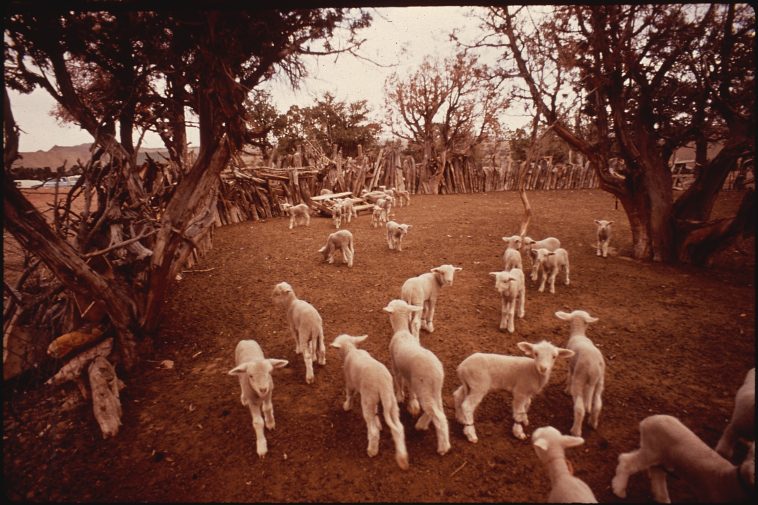The Apostrophe Blog
For many years, I have grounded my creative writing work in my singular poetry aesthetic. Below is the gist and pith of it. My poetry is an attempt to exhume moments of revelation along this journey of a constant becoming. I write as part of my attempt to seek (a temporary and temporal) understanding of the peripatetic instants of this life. Through poetry, I hope to explore, excavate, celebrate, and, at times, resurrect. I want to cut to the chase, to the heart of the matter, even it means staring down grief and pain.
My approach to finding the words that become the poems is born of the winnow. I notice and note, see and also feel at sea. Often, I feel I am mining hunks from below too many layers of silt and shale; other times, I attempt to filter a music from the incessant chatter that surrounds. In some of my poems, I marry the contrapuntal of the baroque with the freewheeling riffs of improvisational jazz. Sometimes this means that levity joins up with dead seriousness. In others, I limn tales from all I witnessed when I lived life as a character rather than a creator of tales herself. I also seek to be a recording angel for the people I come from, my past, to bring the marginal experiences of that eclipsed world into a poetic wide-awake day. I seek with kindness and compassion to tell these forgotten, misbegotten, cast-aside tales. To open the window, even a crack, and let air and light rush into that life. In all this exploration, there is much, too, about the educated versus the vernacular, the intellectual versus the colloquial. Maybe I simply want to be asking the question: How is it possible to get yourself “educated” and still speak, still be understood?
Words come to me. Little lambs herded in an alpine field. The snakes to St. Patrick. The graphite shavings clinging to a magnetic pole. At times, my head is so stuffed with syntactical fragments that those become what I channel, what I first import as a soundscape into my early drafts. Echo meets reverberation. Reverb meets the feedback. Feedback explores sonic amplification, the tweeter and woofer and woo woo woo.
Such a tumbling, this cataract of words, is simply the way my mind, a useful sieve, leaks its contents—connotation, denotation, etymology, syntax, syllables, fragments, phrases, sentences—a free-association whirlwind at times cut up into a collage. All this while it strives to make meaning, to somehow matter and speak to its readers in this so often word-deafening world.
I am also concerned about the 21st—hell the 20th century’s slow, steady (surely-by-now-charted, spun, and lamented) linguistic fall from grace. How we take out the vowels, type on the tiniest of QWERTYs, have co-opted the word “text” to be a verb, ditto now on the word, friend. Where has the mellifluous, the gorgeous spontaneity of a linguistic tatting gone to? Why have we let it slip so long and far away?
And yet, this brave new world-as-hyperlink holds the potentially exciting, forever promise of the leap and the juxtapose, both traits I deeply value when I go about making my own poems. How to celebrate that and, at the same time, reside in the so-necessary focus and immersion, the staying put and burrowing way, way down?
I write about journeys and seeking, serendipity and mistake, exile and home, abandonment and connection. I write about feeling like an observer, an outsider, out-of-synch with the mainstream world. I write in search of what I know but keep forgetting. I am interested in “threshold” moments in life, losses that have stayed with me, defined me.
I’m drawn to the mysterious and the thorny. Relationships that confound or sadden or disappoint me are the ones I want to further explore. Certain subjects and landscapes that, I think, are beginning to recur in the work. These include the river I grew up on, the mines beneath my home valley, the flood I was in as a young girl, the tall trees that surround me now. And, like so many who write, I range and contradict, take risks and surprise myself, revel in eccentricity and quirks. All with an ear and eye to where I can locate the profound, center my empathy. I’d love for my poems to be able to put a reader in another person’s shoes, even for a moment. I’d love for them to celebrate the funky, rich, mutable, mercurial unpredictability and gorgeousness that is the English language—surely one of the best ever for the writing of poetry—even when the poems refuse to yield to easy meaning or sense.
All this in an attempt to juxtapose what I’ve felt, witnessed, and lived alongside the unrelated and unexpected. I like when I’m taken by surprise and forced to reflect on meaning. I like when a poem hints at the ineffable, the way a poem elevates ordinary words, details, objects and experiences so that they become something other, and somehow more alive and maybe even wise.
The public domain photograph above is of sheep herding on the Navajo Indian Reservation in Arizona in 1972.
- Publication News: Margie, the Journal of American Poetry - July 24, 2024
- There are very few books whose titles begin with the letter X… - July 16, 2024
- A fun alternative to the traditional author bio… - July 7, 2024

